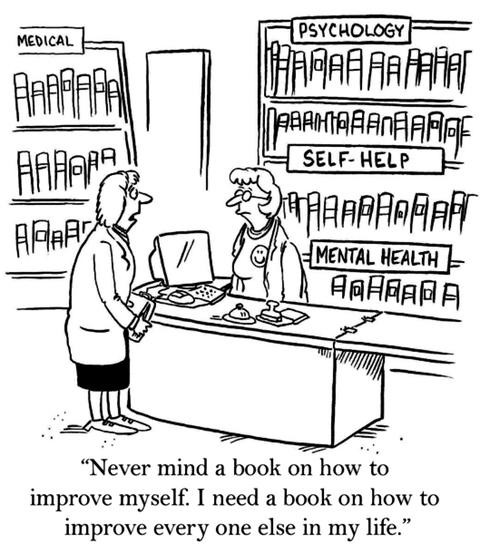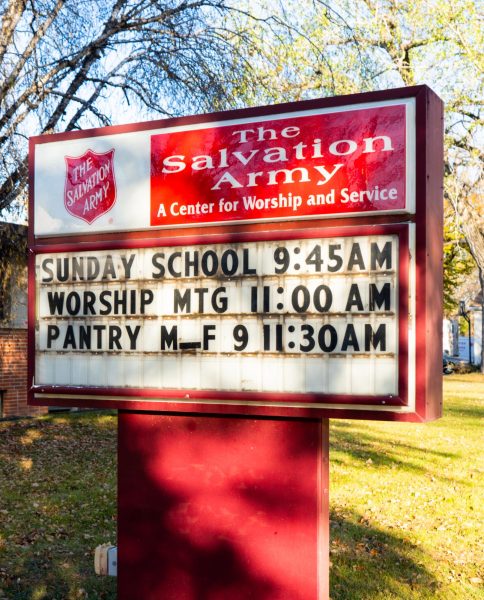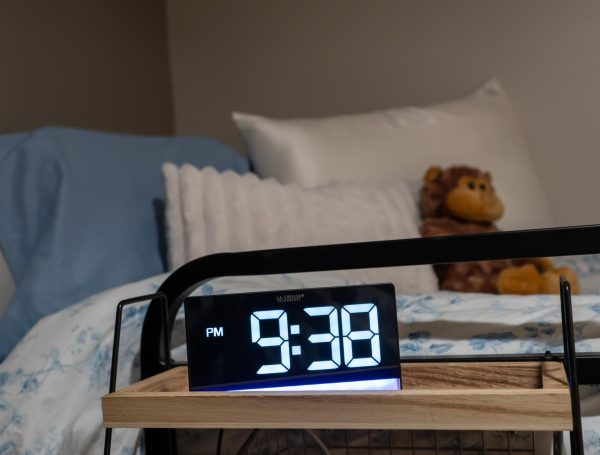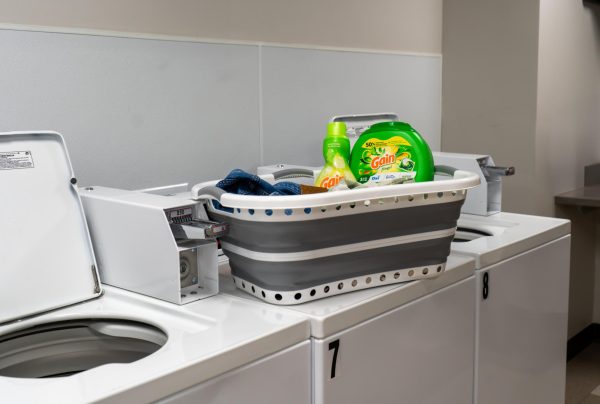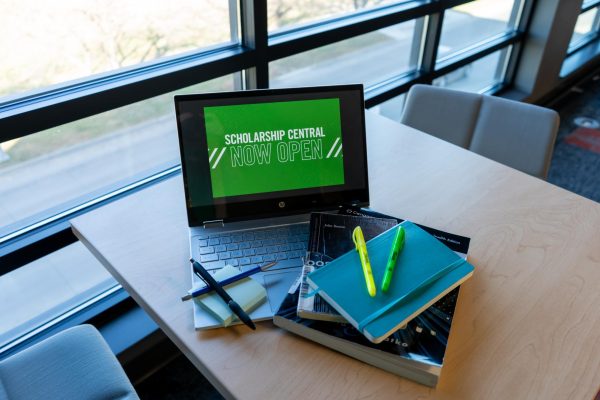Self-improving not so hard
Cartoon by Andrew Genn/DepositPhoto.
Nobody’s perfect.
While this is certainly true, an equally true phrase is that everyone is good at something.
When I was younger, I used to think I wasn’t good at anything. I was terrible at every sport, I wasn’t brilliant in any one area and anything I ever tried doing turned out mediocre at best.
That all changed when I got to high school. I started going to Trollwood Performing Arts School (a summer program sponsored by the public schools). Suddenly, I found all kinds of things that not only did I like doing, but I was actually good at.
I learned about songwriting, swordfighting, acting, improvisation and many other similar entertainment skills.
I discovered not only did I have a natural talent for these things, but the more I practiced them, the better I became.
Between then and now, I have discovered even more skills I never knew I had, just because I never considered them.
For example, I can play pretty much any song on the radio entirely by ear on the piano. When I was younger, I took four years of piano lessons and still can’t read sheet music, so for the longest time I just assumed I sucked at piano.
I have been told by many people that I don’t suck at singing, which surprises me because I used to.
I also discovered that even though I thought I hated writing when I was younger, I actually love it. Now it’s one of my main passions.
Even though I have a natural talent for all of them, I still need to practice these skills every day in order to both keep them sharp and improve them.
That is why every day I try to learn something new on the piano. Every week I go out and sing karaoke to better learn how to improve my singing. Every chance I get ,I try to write something new — either poetry, fiction, logical deconstruction of a biased narrative or something else entirely.
Of course, while everyone has his or her own particular strengths, they come with weaknesses.
I already admitted a few of mine. I’m terrible at basically every sport, I can’t draw anything more complex than stick figures and I’m still not exceptionally brilliant in any one area.
These, like the strengths I mentioned, are all examples of what I call occupational skills — skills that are really only relevant or necessary to those who enjoy that particular field.
I don’t need to be good at or even understand sports because I don’t care about sports, just as someone who doesn’t like piano music doesn’t need to know how to play it.
There also are what I call essential skills — skills that can be useful to everyone regardless of their personal interests. Like the occupational skills, it can be possible to be naturally gifted at some and naturally weak at others.
One of these types of skills I happen to be gifted in is financial responsibility. This is something every person needs to know, yet not all people are good at.
I have areas I am weak in as well. My time management skills certainly need work.
It might seem obvious, but if you are naturally good at something, then it isn’t that hard to get better at it. Faults can be easier to recognize but much more difficult to improve.
The best way to start working toward a better version of yourself is to discover the occupational skills that you are naturally gifted in as well as figure out the essential skills you might be weak in and work to improve both.
If there is a skill you are naturally weak in, yet passionate about, don’t forget that with the proper amount of time and effort any skill can be learned regardless of initial inherent talent.
Mike Rauser is a staff writer for The Dakota Student. He can be reached at [email protected].


